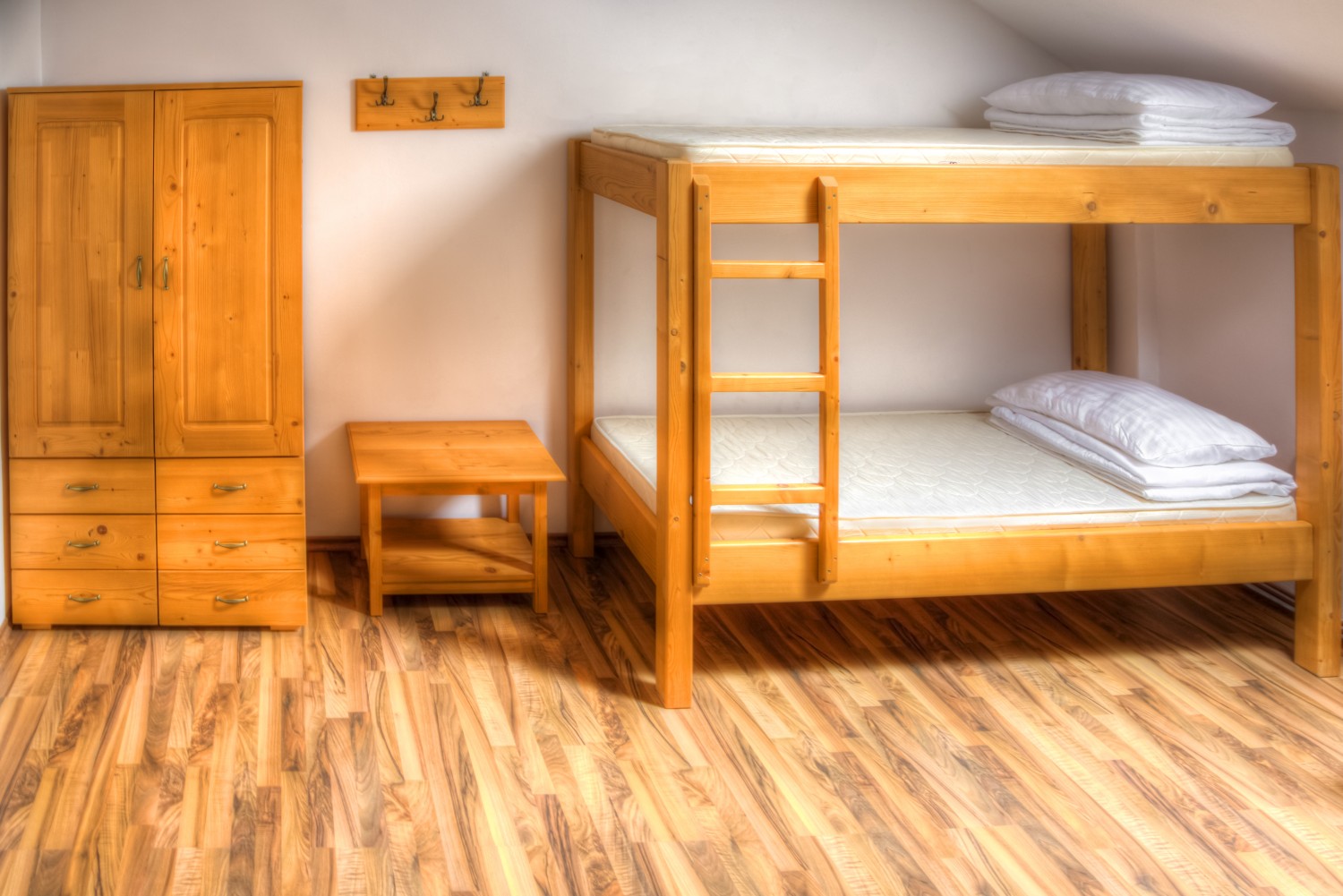College is an exciting time, but it’s an expensive one too. From tuition to books and the dining hall, going to college is pricey. And one of the biggest expenses is living in a dorm. Room and board fees cost thousands of dollars. But is it worth it for peace of mind and the traditional college experience?
The Cost Of A College Dorm
According to College Data, the average cost of living in a dorm is $10,440 for a public school and $11,890 at private colleges. That’s a serious chunk of change. And if you choose to live in a dorm all four years (if that’s even possible at your school), it adds up to around $40,000 in fees. Some people need to take out loans to cover that cost. So, once you add in interest fees, you could pile thousands more on top of the initial cost.
Student Loan Rules About Student Housing
If you already have student loans, like a 529 plan or another college savings plan, this may limit where you’re allowed to live. Some student loans have rules that govern where students live or how much money is allotted to off-campus housing. Sometimes the rules allow only on-campus housing.
This is a tricky trade-off: you might find less-expensive housing off-campus, but you’d be paying out of pocket for it. Or you could incur penalties by breaching the terms of your student loan. That’s when you have to decide whether or not it’s worth it to scrape together the extra cash for off-campus living.
Sometimes, it’s just easier to swallow the terms and conditions of the student loan and live on campus in a dorm.
The Price Of Off-Campus Housing
Being packed in a dorm with dozens of other kids on your floor (and just a few bathrooms) might send you running for a studio as soon as you can move off-campus. However, this could cost you more money in the long run.
Obviously this depends on where you go to school. Living off-campus in major metro areas will often be more expensive than living in a dorm. For example, New York University in Manhattan offers dorms that start at $7,922 for the academic year. While this seems like a lot, you also need to take into account the price of an off-campus apartment in the extremely trendy neighborhoods surrounding the university. You’d be hard pressed to find a reasonable apartment for less than $2,000 a month. Even with roommates, that will drain your wallet pretty fast.
Plus, many off-campus housing options come with a 12-month lease. Unless you plan to live near campus year-round, you could end up paying three months of rent for an empty apartment. Yes, you could get a sublet. But what happens if you can’t find someone to rent for those three months? You could get saddled with extra rent.
A final note: don’t forget about utility bills. In the dorm, you can shower until the water turns cold and not pay anything extra for it. In many apartments, things like water, heat and electricity cost extra. And, depending where you live, utilities can take a big bite out of your budget.
The benefits of a college dorm
Now that we’ve discussed the financial burden of a college dorm, let’s look at its advantages. Living in a dorm offers the “traditional” college experience and helps new students make friends quickly. You can still make friends as a commuter, but it can take some extra effort. And, late night pizza runs lead to some incredible friendships.
Also, dorms have an added safety benefit. Dorms have secure doors and specific sign-in policies. Many even have hired security on property. Off campus housing doesn’t always have a security guard, a keyless swipe or fob entry.
Finally, living on campus means you probably don’t have to deal with a car. Most colleges offer some form of free transportation around campus. Others even provide limited service to off campus locations such as grocery stores or shopping malls. Buying gas, and keep up with maintenance and insurance gets expensive. Parking on campus also costs extra because you need to buy a parking pass.
Ultimately, it’s all a matter of weighing the pros and cons of dorm life against your personal finances. Of course, dorm life gets hot, crowded and annoying. Still, it’s all part of the classic college experience. And, you can’t measure the price of that.










